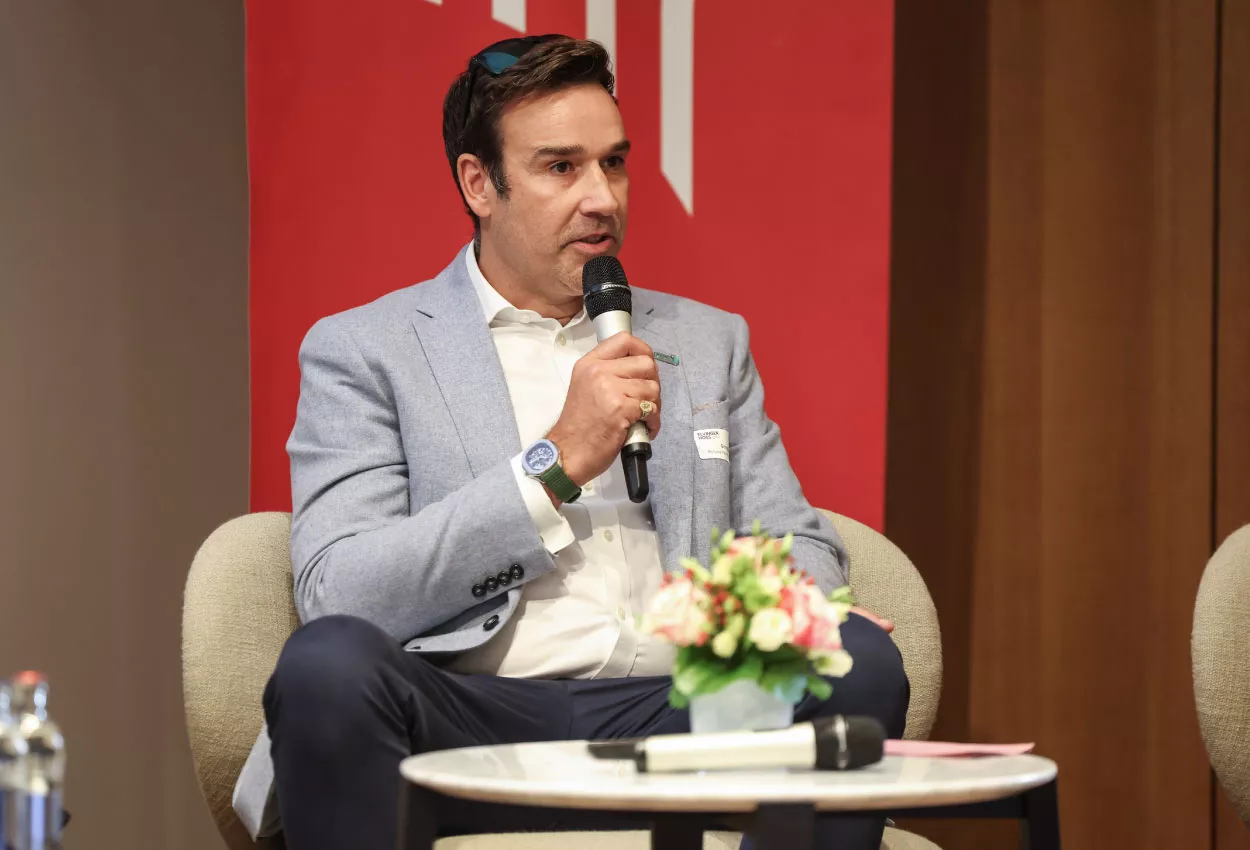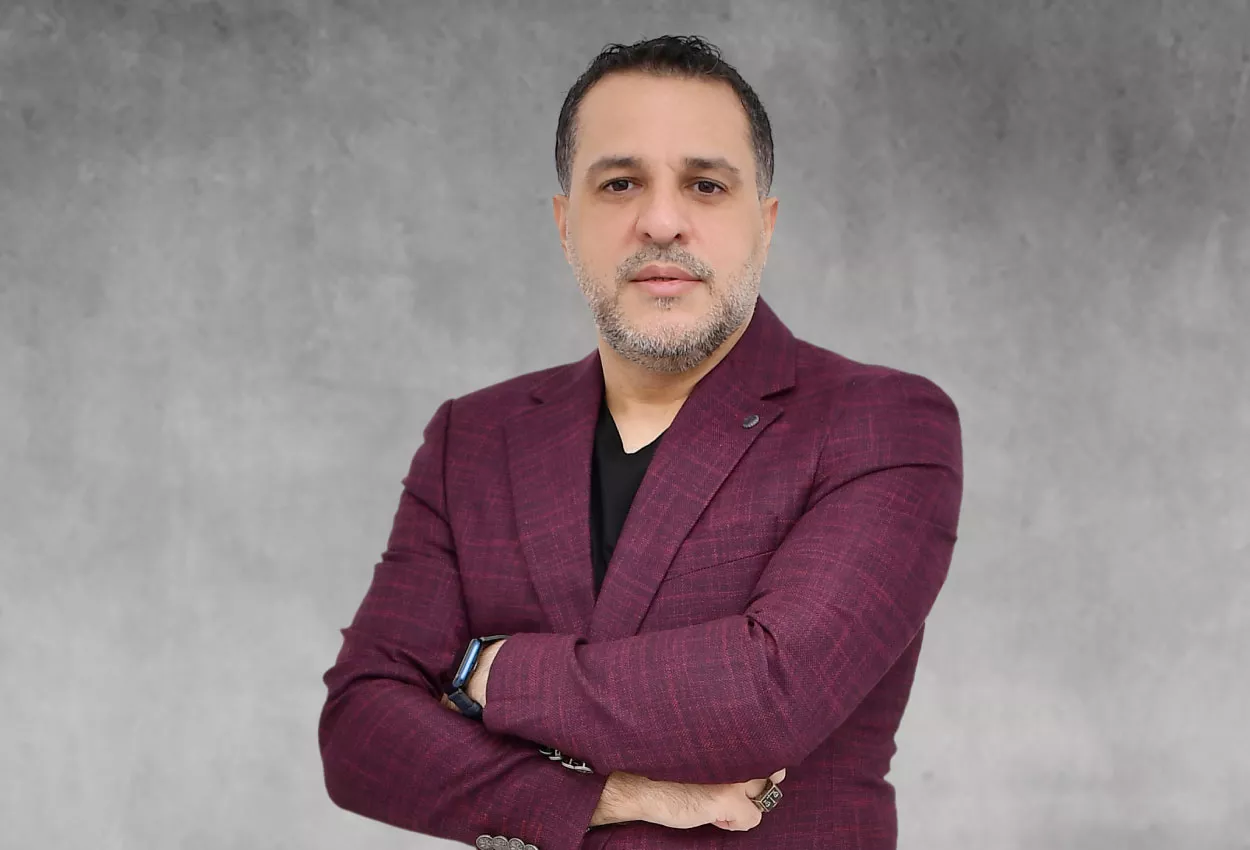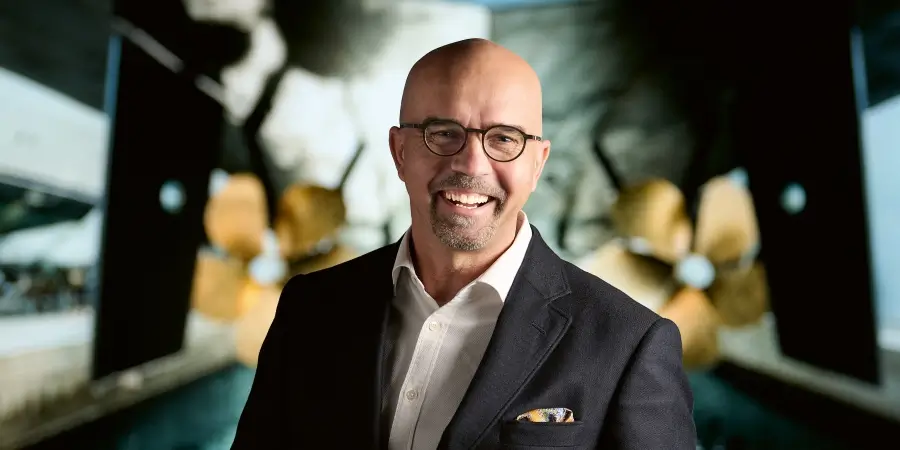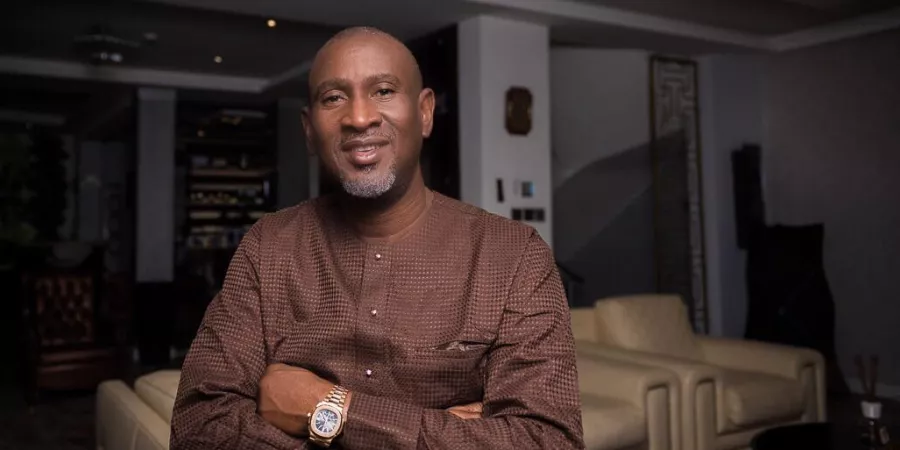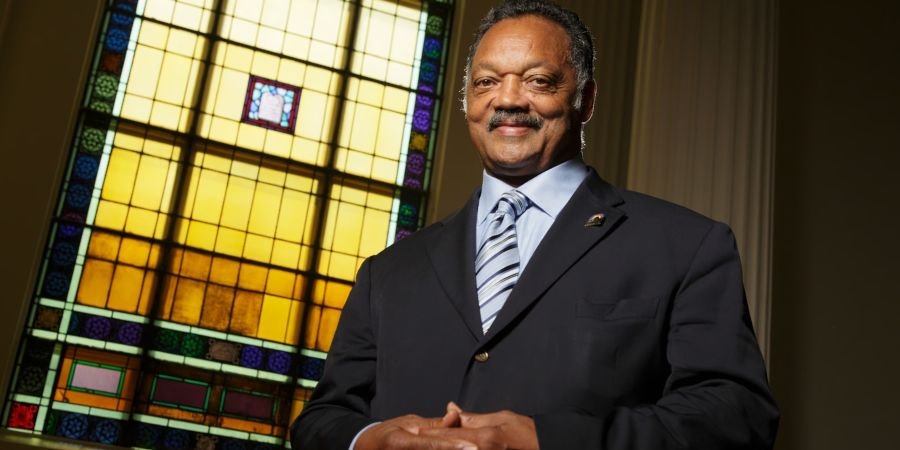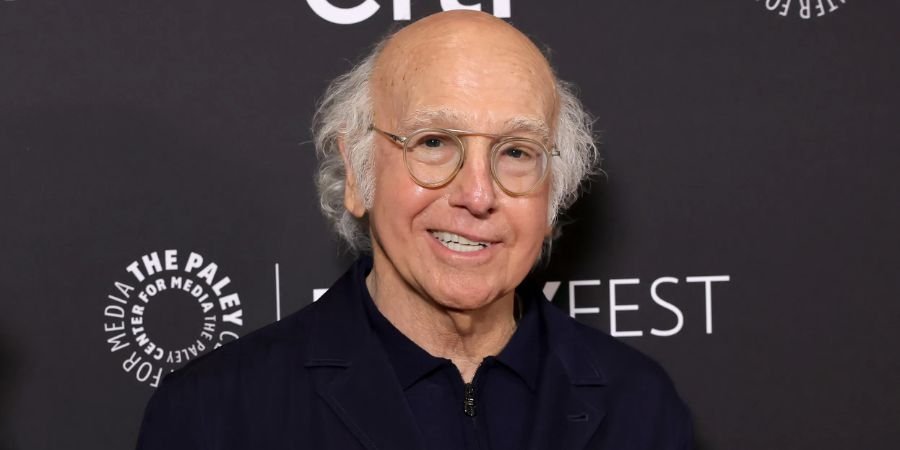As healthcare faces an array of unprecedented challenges—from technological advancements to pressing public health crises—the need for innovative and adaptable professionals has never been more critical. Educational institutions are rising to the occasion, weaving together theory and practice in ways that prepare students not just to fill roles, but to redefine them.
Amidst this transformative landscape, one educator stands at the forefront, pioneering a new approach to healthcare education: Dr. Edyta Skibinska of the American University in the Emirates.
With a career spanning both academia and industry, Dr. Edyta has emerged as a transformative figure, reshaping how we approach the preparation of future healthcare professionals.
Transcending Traditional Lecture Halls
At the heart of Dr. Edyta’s educational philosophy lies a profound understanding of the evolving healthcare sector. She recognizes that today’s students must be equipped not only with theoretical knowledge but also with practical skills and adaptive mindsets to thrive in an industry characterized by rapid technological advancements and shifting paradigms. This realization forms the cornerstone of her innovative teaching approach.
Dr. Edyta’s classrooms are far from traditional lecture halls. Instead, they are dynamic spaces where theory meets practice, and where students are active participants in their learning journey. Through interactive, hands-on learning experiences, she brings the complexities of real-world healthcare scenarios to life. Students in her courses don’t just memorize facts; they grapple with authentic challenges, developing critical thinking skills and collaborative approaches that mirror the realities of modern healthcare settings.
But Dr. Edyta’s impact extends beyond the classroom walls. Recognizing the importance of bridging the gap between academia and industry, she has spearheaded numerous initiatives that provide students with invaluable real-world exposure. From public health awareness campaigns to green hospital projects, these endeavors serve a dual purpose: they offer students practical experience while simultaneously addressing pressing healthcare needs in the community.
Fostering Tomorrow’s Ethical Innovators
What sets Dr. Edyta apart is her commitment to integrating cutting-edge research into the curriculum. Her own studies on leadership dynamics, artificial intelligence applications in healthcare, and sustainability initiatives inform her teaching, ensuring that students are always at the forefront of industry trends. This research-driven approach not only enriches the learning experience but also inspires students to become lifelong learners and innovators in their own right.
Leadership development is another cornerstone of Dr. Edyta’s educational philosophy. She firmly believes that the healthcare leaders of tomorrow must possess not only technical expertise but also strong ethical foundations and the ability to navigate complex organizational dynamics. To this end, she incorporates leadership training into her curriculum, nurturing skills such as effective communication, decision-making under pressure, and ethical reasoning.
Perhaps one of the most impactful aspects of Dr. Edyta’s approach is her emphasis on transparency and authenticity in leadership. She doesn’t shy away from sharing her own professional journey with students, including both successes and setbacks. This openness creates a learning environment built on trust, where students feel empowered to take risks, learn from failures, and continuously strive for growth. By modeling resilience and adaptability, Dr. Edyta prepares her students not just for the challenges they’ll face in their careers, but for the personal growth that accompanies professional development.
Looking to the future, Dr. Edyta’s vision for healthcare education is both ambitious and inspiring. She sees a world where healthcare professionals are not just clinicians, but also innovators, community leaders, and advocates for sustainable practices. Her curriculum increasingly emphasizes the interconnectedness of healthcare with broader societal issues, encouraging students to think holistically about their future roles.
Dynamic Pathways to Learning
In an era where the healthcare industry faces unprecedented challenges and opportunities, educators like Dr. Edyta Skibinska are invaluable. Through her innovative teaching methods, research-driven curriculum, and unwavering commitment to student development, she is shaping a new generation of healthcare professionals. These are individuals who will not only navigate the complexities of modern healthcare but will also drive meaningful change, pushing the boundaries of what’s possible in patient care, healthcare management, and community health.
Igniting Student Engagement
Dr. Edyta’s teaching philosophy centers on fostering a dynamic, interactive learning environment that actively engages students in their educational journey. One of her key strategies is the Teach-Back Method, which encourages students to articulate complex concepts in their own words, enhancing comprehension and communication skills. After covering healthcare administration topics, she prompts students to explain budgeting strategies as if to a hospital board, allowing for immediate feedback and adjustments to her teaching.
In addition to the Teach-Back Method, Dr. Edyta incorporates team-based activities like the Marshmallow Challenge, which simulates real-world constraints and fosters collaboration. These strategies not only boost student engagement but also enhance critical thinking and real-world application of knowledge.
The impact of her interactive methods is evident through increased student engagement, improved retention of material, and greater confidence among graduates. Course evaluations consistently highlight the value of these interactive elements, with one student noting that the Teach-Back sessions transformed their approach to learning, equipping them to think and communicate like healthcare leaders.
Expanding Learning Beyond Classroom Walls
Dr. Edyta emphasizes the integration of real-world applications as a cornerstone of her teaching philosophy in healthcare education. Her methodical approach to selecting and incorporating relevant case studies ensures that students are well-prepared for the complexities of modern healthcare.
She prioritizes case studies that are current, relevant, complex, and diverse, focusing on topics such as AI-driven diagnostics, sustainable hospital management, and global public health policies.
Dr. Edyta employs several strategies to seamlessly incorporate real-world elements into her curriculum:
- Case Study Analysis: Students engage with detailed case studies, like the implementation of an AI diagnostic system, allowing them to analyze challenges and propose solutions.
- Industry Expert Involvement: Guest speakers from the healthcare sector share firsthand insights, validating the curriculum’s relevance. For instance, a CEO praised the students’ insightful questions during discussions on telemedicine.
- Simulation Exercises: Students participate in simulations of healthcare scenarios, enhancing decision-making, teamwork, and leadership skills.
- Global Health Policy Analysis: They evaluate and compare public health policies from different countries, fostering a global perspective.
To ensure the relevance of her curriculum, Dr. Edyta conducts industry surveys, participates in professional conferences, facilitates internships, and encourages student feedback, particularly from those with healthcare experience.
The effectiveness of her approach is reflected in positive employer feedback, as well as alumni success stories, with graduates applying concepts learned in their careers.
Enhancing Career Progression in Healthcare
Dr. Edyta emphasizes the importance of critical thinking and reflection in her teaching approach, essential skills for future healthcare leaders. She implements the “Healthcare Policy Analysis and Innovation Project,” which involves students identifying a public health issue, critically evaluating existing policies, and proposing innovative solutions. This multi-phase project encourages students to challenge assumptions, synthesize information, and defend their ideas with evidence.
To support their development, Dr. Edyta employs various strategies, including scaffolded learning with incremental feedback, Socratic seminars for in-depth discussions, reflective journaling to connect theory with practice, and expert panels to expose students to professional critiques. She also utilizes metacognitive exercises, case study debates, and peer mentoring to foster collaboration and diverse viewpoints.
The outcomes of her approach are evident: students show improved analytical skills, innovative problem-solving, and many projects evolve into peer-reviewed articles. Graduates report that the critical thinking skills they gained significantly enhance their career progression in healthcare. One alumnus noted that the project challenged them to consider real-world complexities, applying these critical skills daily in their role as a hospital administrator.
Fostering a Safer Space
Dr. Edyta prioritizes creating a supportive and inclusive classroom atmosphere, viewing it as essential to her teaching approach. She believes in fostering a safe space where all students feel valued and heard. To achieve this, she employs practices such as active listening, encouraging open discussions, and facilitating collaborative group work and peer-review activities. The academic portal at the American University in the Emirates enhances this environment, allowing students to engage in meaningful discussions and collaborate effectively.
Dr. Edyta also maintains an open-door policy for one-on-one meetings, providing personalized guidance to address individual concerns. When challenges arise, such as differing communication styles or learning needs, she approaches them with empathy and develops tailored solutions to ensure every student can thrive.
A recent graduate noted that Dr. Edyta’s classroom was a place where they felt truly seen and heard, which not only facilitated learning but also prepared them for working in diverse healthcare teams. Dr. Edyta emphasizes that creating an inclusive environment is an ongoing commitment, essential for nurturing empathetic and culturally competent healthcare professionals ready to provide patient-centered care in diverse settings.
From Inquiry to Impact
Dr. Edyta emphasizes the integral role of research in her professional development and its influence on her teaching. By incorporating her findings on topics such as leadership, outsourcing, and AI applications into the classroom, she ensures that students are aware of the current trends shaping healthcare management. For example, her research on outsourcing’s potential to optimize hospital operations and the impact of leadership on organizational change directly informs her lessons.
Moreover, Dr. Edyta actively involves her students in research projects, leading to presentations at conferences and publications of their findings. This collaborative approach not only enhances the relevance of her teaching but also equips students with essential skills to navigate the evolving challenges in healthcare and business management. Through this integration of research and education, she fosters a dynamic learning environment that prepares students for real-world applications.
Dr. Edyta advocates for project-based learning as a powerful method to connect theoretical knowledge with practical application. One notable project involves students visiting hospitals or clinics, where they engage directly with hospital administrators and healthcare professionals. During these visits, students tackle real-world management challenges such as optimizing patient flow, improving operational efficiencies, and implementing technologies like AI in patient care.
This hands-on experience enables students to apply management principles learned in class while gaining insights into the complexities of healthcare operations. By collaborating with industry professionals, they develop practical problem-solving skills and enhance their critical and strategic thinking abilities. This approach effectively prepares students for future leadership roles in healthcare management, equipping them with the necessary tools to navigate real-world challenges.
Striving for a Healthier Community
Dr. Edyta integrates community service and health awareness campaigns into her academic role, making them a core component of her curriculum. Each year, her students participate in public health initiatives by creating informative posters on critical topics like antibiotic resistance and cancer. These posters are displayed at the university and submitted to competitions, thereby raising awareness within the campus and beyond.
These activities function as service-learning projects, allowing students to apply their healthcare management knowledge to real-world challenges while positively impacting society. The benefits are significant: students gain hands-on experience in organizing and leading public health initiatives, while communities receive essential support in enhancing health literacy and access to preventive care. This integration not only enriches the academic experience for students but also fosters a strong sense of social responsibility.
Cultivating the Next Generation Innovators
Dr. Edyta integrates sustainability into her healthcare curriculum as a core principle essential for the future of the field. Her commitment to this cause was highlighted by her recent speaking engagement at COP 28, where she addressed the vital link between sustainability and healthcare.
In her curriculum, she covers key concepts such as energy-efficient hospital designs, waste reduction strategies, renewable resources in healthcare operations, sustainable procurement, and green transportation. She employs pedagogical approaches like the flipped classroom model, where students engage with sustainability materials before class, and a guest lecture series featuring sustainability experts.
A flagship project, the Green Hospital Initiative, was launched in her Hospital Support Services Management class, focusing on developing a comprehensive proposal to transform a hospital in Dubai into a sustainability model.
Her reflections from COP 28 emphasize the urgent need for healthcare to lead in climate action, the benefits of sustainable practices for both the environment and patient outcomes, and the role of education in fostering systemic change. Through these efforts, Dr. Edyta is not only contributing to a more sustainable healthcare system but also shaping future leaders who prioritize sustainability in healthcare delivery.
Bottom of Form
Dr. Edyta’s entrepreneurial background informs not only what she teaches but also how she teaches. By blending academic theory with practical experience, she strives to create a learning environment that mirrors the dynamic and challenging world of business. Her goal is not merely to prepare students for existing job markets, but to empower them to create new opportunities, drive innovation, and become the adaptive, resilient leaders that the future of business demands. In doing so, she believes they are not just educating students, but cultivating the next generation of business innovators and entrepreneurs.
Read Also: Trailblazing Women of the Middle East Leaders Making an Impact in 2024


